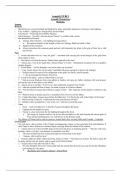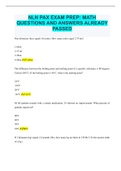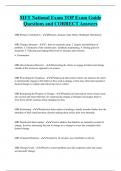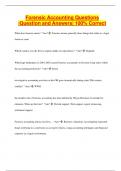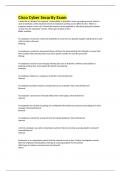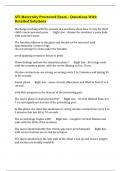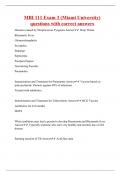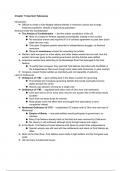Summary
Summary Character Analysis and Notes on the Aeneid - World of the Hero - A-Level
- Course
- Institution
Notes on all characters in the Aeneid with analysis, quotes from the texts, quotes from scholars and context in order to get an A* Classical Civilisation grade. Characters include: - Aeneas - Dido - Turnus - Latinus - Mezentius - Children (e.g. Ascanius, Euryalus, Pallas, Lausus) - Camill...
[Show more]
